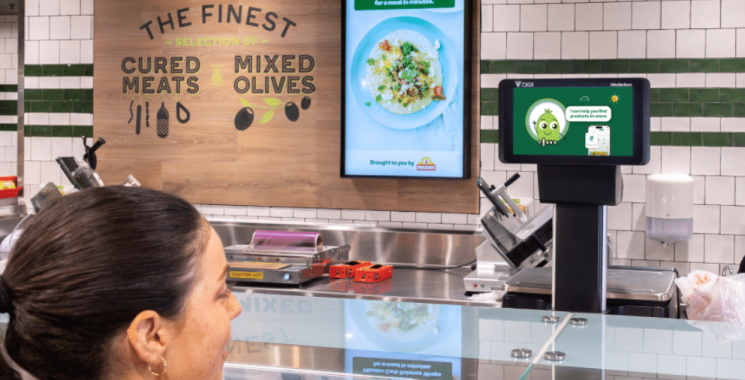
AI will be a retail game changer this holiday sales season
Artificial intelligence (AI) is an increasingly useful tool for retail businesses to leverage for better customer engagement, and shoppers know it, with 70% of Australian consumers believing AI will make it easier to discover new brands and products, according to new Shopify research.
In fact, Shopify’s latest Black Friday Cyber Monday (BFCM) retail research, carried out in September, revealed that roughly three-quarters (74%) of Australian respondents believe AI will make it easier to find deals and special offers among retailers during the 2023 BFCM weekend.
Additionally, 67% of Australian consumers surveyed think AI will make it easier to get recommendations based on previous purchases. Clearly, the public’s faith in AI is at a new high, no doubt influenced by the rise of easily accessible generative AI platforms.
Despite this confidence, one area where consumers are more dubious is when it comes to personalisation, as more than half (57%) of consumers don’t believe AI will enhance a personalised shopping experience. And this is a top consideration for retailers at the moment, given the importance of targeted engagement — nearly 70% of consumers want retailers to engage with them about their offers before the BFCM weekend.
Shopify’s research suggests consumers appreciate brands that start a dialogue with them rather than simply trying to sell to them. With this in mind, it’s clear that retailers need to be particularly mindful of how they leverage AI to drive engagement and sales this sales season, prioritising customer personalisation and communication — a task that AI has the potential to do very well.
The potential benefits of AI in the retail industry are unequivocal. As revealed in the Shopify Australian Retail Report 2023 earlier this year, the top five use cases for AI (and automation) among Australian retailers include content creation, enhancing online customer experience, and fielding customer service inquiries.
The fundamentals of attentive customer service and a great shopping experience haven’t really changed over the years, even if the channels of engagement have. With this in mind, it should come as little surprise that customer-centric aspects of a retail business such as customer service and communications are top applications for AI technology among retailers.
At the same time, it’s well established that AI can lend itself particularly well to operational efficiencies. For Simon Beard, founder of fashion brand Culture Kings, the use of AI for efficiency gains can deliver speed and cost savings for retail businesses — an important factor when 99% of retailers claim to have been impacted by macroeconomic pressures.
In combination with the personalised customer experience AI technology can offer through applications such as live chat, customised content, and tailored product recommendations, retailers have the chance to drive their customer engagement efforts while also driving up their overall efficiency. But a human element is still needed to get personalised service right.
Making meaningful connections
For 60% of those surveyed in Shopify’s research, it is still important that they buy from a real person. With this in mind, it’s clear AI-powered commerce can only take a retail business so far. Retailers that are able to augment the power of AI with a personalised experience will stand to gain the most from the latent opportunity in the market this holiday sales season and beyond.
And there is plenty of opportunity, despite the economic landscape, with 63% of Australians planning to spend the same or more during the BFCM weekend this year compared to last year. But while deals will be a big draw, engagement will be key to building important, meaningful connections with brands, long term.
This is shown as the overwhelming majority (89%) of local retail businesses say that owning the direct relationship with consumers has never been more important. Over half (55%) of Australian retailers are fostering those customer relationships by investing in meaningful engagement through things like content and conversations — both of which can be underpinned by AI — to shore up long-term consumer loyalty and goodwill.
Against this backdrop, it is clear there is a huge opportunity for retailers to meet consumer demand with AI-driven experiences in the lead-up to this year’s BFCM weekend, as long as human-driven personalisation remains embedded in the engagement process.











